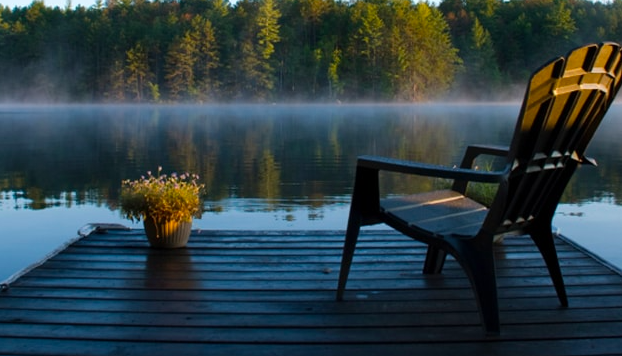Retirement has long been thought to be a time of relaxation and peace, but that trend is quickly falling to the wayside in favor of more adventurous golden years. Seniors are more active than ever, looking to take on new experiences during their retirement instead of slowing down. Given that by 2030, all Baby Boomers will be 65 or older, there will likely be a large shift in retirement trends in the years to come.

One of these trends is owning a second property, either for vacation destinations or renting out to make a passive income. Seniors (and possibly their children who might have an interest), should know the pros and cons of buying a second home and what to look for once the hunt begins in earnest. Retirees might consider getting another home if their current mortgage is paid off and they’re looking for new investment opportunities. A second home in a hot locale is one way, or they may want to buy a vacation home, either in a favorite location or near extended family.
First, they should decide what their goals are for retirement. To stay active, think about a second home near the water, mountains, or parks. If they want to ensure social time, they could move to a senior-friendly area or closer to family. If acquiring another home is to make money, then look near a major city to attract renters.
The reasons seniors are buying homes in recent years are changing. The National Association of Realtors took a deep dive into 2020 generational home-buying trends and discovered exactly what motivates seniors to make big purchases. Twenty-five percent of those 65 and older purchased a new home specifically for retirement. Their biggest motivators were the desire to be closer to friends and family, own a smaller home, or to own a turn-key home that required less maintenance. A small portion of seniors (1 percent) bought a home exclusively as a vacation or investment opportunity.
Buying a home is a big decision, whether first or second. Some experts recommend that seniors go into retirement mortgage-free, but you can also use your second home to offset costs and make a more passive income once you retire. The pros of buying a second home: make money via short-term rentals such as Airbnb or VRBO; long-term rentals; a place to vacation; and a meeting space for family gatherings. And the cons are: a large down payment needed; higher insurance rates; having to manage the property either yourself or paying someone else; and having to get landlord insurance or second home insurance.
Have a few things settled before starting to look at potential second homes: What is the purpose of your second home? How much disposable income do you have on a regular basis? What features are you looking for? How much can you afford to put down?
And add these into the mix: Will your second home need updates as you age? Is it suited for retirement? What about the layout? How much time will be spent there? Where are the nearest hospitals?
When dealing with rental property, you’ll want to know ahead of time if you’ll manage the property or if you’ll hire someone. Will you be located near a major city or another area that would attract renters? Will you make a profit?
If it’s a vacation home you’re considering, pay attention to the layout and how your needs will change as you age. For rental properties, you should look for amenities that make your property desirable, such as an updated kitchen or a low-maintenance yard. Location and affordability are paramount. Also, get your home properly inspected to check for potential issues.
If you want a vacation home, make sure it will age gracefully with you. A one-story home with wide doorways, lever handles on all doors and appliances, walk-in showers, and easy access to laundry and storage spaces will be smart. You should also look for a home in a place that isn’t prone to extreme weather. Other things to keep an eye out for include smart home devices to control your home from your phone, a security system, enough bedrooms to host family gatherings, and close proximity to activities that will help keep you active.
This guide to second homes is adapted from information provided by hippo.com, a home insurance company.